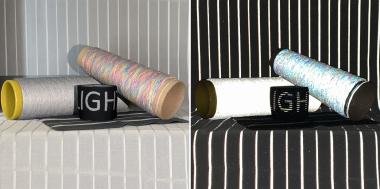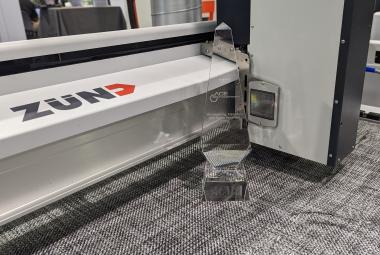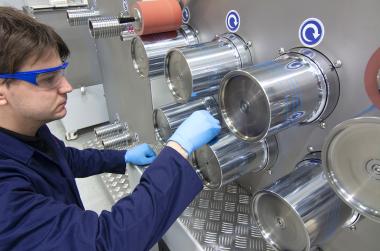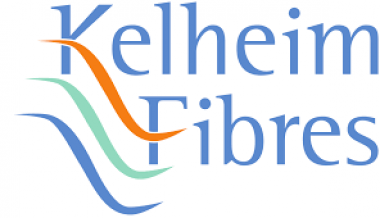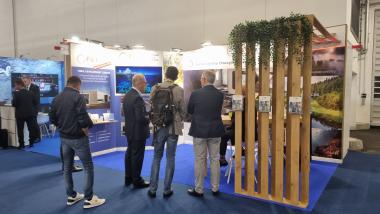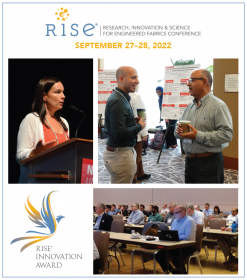Marchi & Fildi Group: New coloured, reflective yarns for technical, safety and stretch uses
The Gleaming line by the Marchi & Fildi Group includes a wide range of metalloplastic yarns for the most varied of uses. Reflex, the new range of reflective yarns, will join the line.
In addition to uses in the worlds of fashion and furnishings, for fancy yarns, decoration and accessories, an important application for the Gleaming collection is in the sector of technical clothing with high-visibility features.
Reflex, used for the production of fabrics and tapes, able to reflect the light and ensure good visibility for people wearing them in low-light situations, is augmented by new colour shades in addition to the traditional greys.
The innovative reflective yarns in white, black, and light and dark multicolours offer new possibilities for:
- tapes, external labels and accessories;
- technical fabrics for work clothing with specific safety standards;
- uniforms, sports clothing and accessories;
- hosiery, gloves, bibs and hats for night use, for winter clothing and for northern markets.
The latest addition to the range, with an important functionality, is the Reflex stretch yarn, which, apart from in the sectors described above, also finds application in flat bed or circular knitting and sewing. Its composition makes it softer and more versatile in comparison to traditional reflectives.
The Gleaming line represents a completion of the range of yarns produced by the Marchi & Fildi Group. The yarns are available in various thicknesses, widths and types in both metallised and transparent versions, and iridescent, reflective and phosphorescent effects. Also articles are included with particular features of resistance to chemical and dyeing treatments.
Amongst the most recent innovations is the line of metalloplastic yarns in 100% polyester obtained from post-consumer recycling with GRS (Global Recycle Standard) certification.
Marchi & Fildi Group


